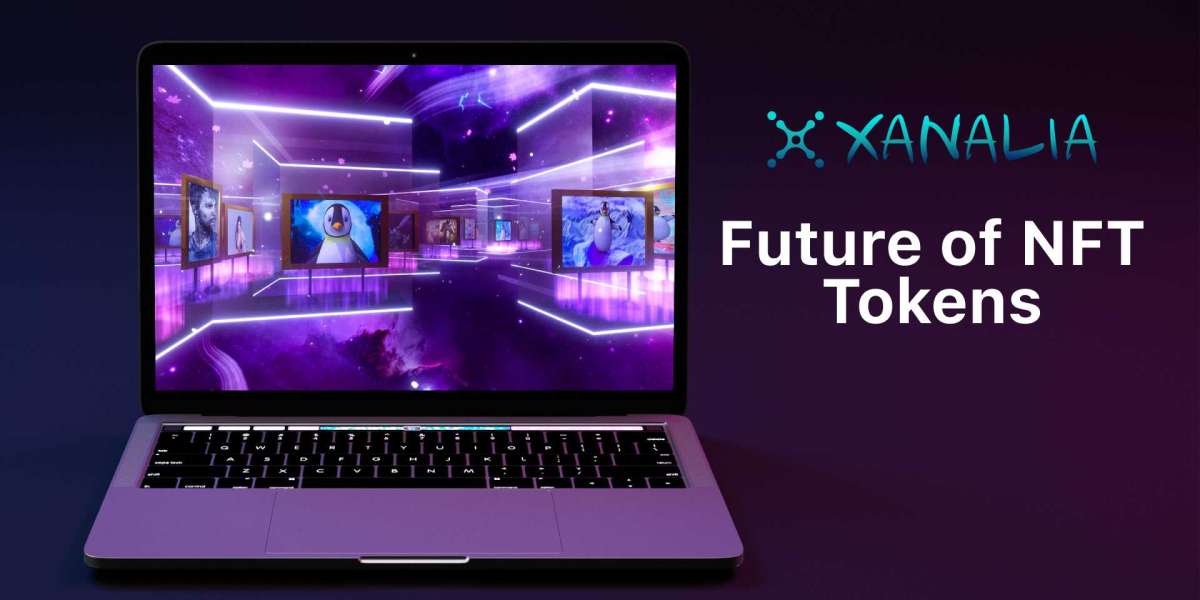In the world of finance, there are two main types of assets: fungible and non-fungible. Fungible assets can be exchanged for other fungible assets, like gold or oil. Non-fungible assets are unique items that cannot be exchanged for other similar items because they each have a different value based on their unique characteristics. NFT marketplaces are the NFT stores to list the NFTs for the further trading purpose. As the blockchain industry grows, so does the number of investors and developers interested in tokenizing their assets. NFTs, or non-fungible tokens, are a new type of asset that is not divisible and can only be used once—similar to a license or ticket. These tokens are unique and cannot be duplicated. They are also fully traceable, which means that each token can be tracked from its genesis block through every transaction it makes until it expires or is destroyed.
The Rising NFT Economy!
The simplest example of an NFT is a tokenized collectible like CryptoKitties or NFTDuel game cards. Such NFT games are linked with NFT marketplaces like XANALIA or OpenSea for the users to buy or sell their in-game NFTs easily. You can trade NFTs as much as you want without ever worrying about losing value because each is unique and has different attributes based on its genetic code. Non-fungible tokens (NFTs) are digital representations of individual assets that one person can only own at a time. They are limited in number and have a singular identity—like a baseball card or a piece of art.
NFTs have been around since 2015 but have recently seen widespread adoption as the industry has proliferated over the past six months. There are many different uses for NFTs, but they generally fall into three categories:
- Digital collectibles
- Blockchain-based property registries
- NFTs as in-game assets
The future of NFTs is bright! We'll likely see more adoption of gaming applications and increased interest from investors who see the potential return on investment opportunities in this emerging market segment.
NFTs: A Potential Sector, Not a Fad!
With their ability to create scarcity and potential use cases outside of gaming, NFTs are a hot topic in the blockchain space right now. The potential of NFTs goes beyond their use as a new form of money or as a medium for art collectors; they also have the potential to disrupt traditional industries such as gaming and entertainment.
Amid the hype and speculation surrounding NFTs, we need to remember that this isn't just a fad. NFTs are an exciting new frontier for digital assets, and we believe they are here to stay.
Here's why:
- NFTs provide a way for people to prove ownership and maintain possession of their digital goods without relying on third parties. It is imperative in cases where people want to sell their digital assets as part of a transaction or keep them safe from hackers.
- NFTs also allow more flexibility than traditional digital goods, like video games or online media. With these kinds of things, you can only play them if you're connected online; with NFTs, you can play them anytime and anywhere—even if you don't have an internet connection!
When the concept of the Internet was new, people took it as some floating rumor. But when the Internet came into existence, there was no going back after that. The same is the case with the Blockchain industry and the NFT sector. It might take a few years to establish firmly, but it will change the conventional market.
Join Us:
Website: https://www.xanalia.com/
Twitter: https://twitter.com/xanalia_nft








